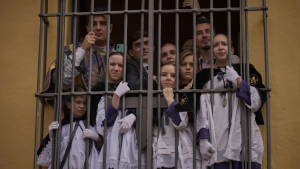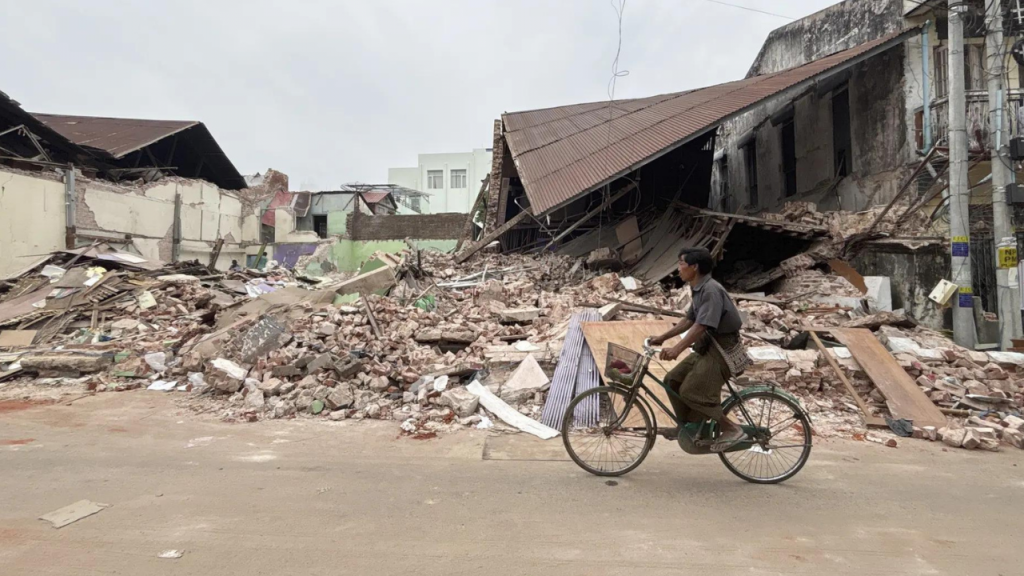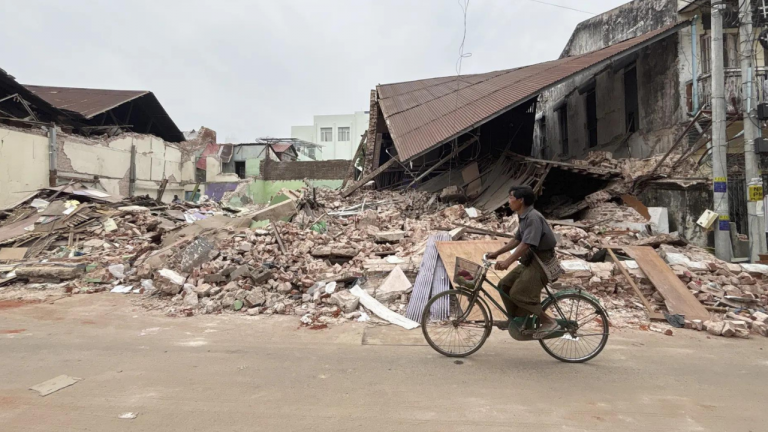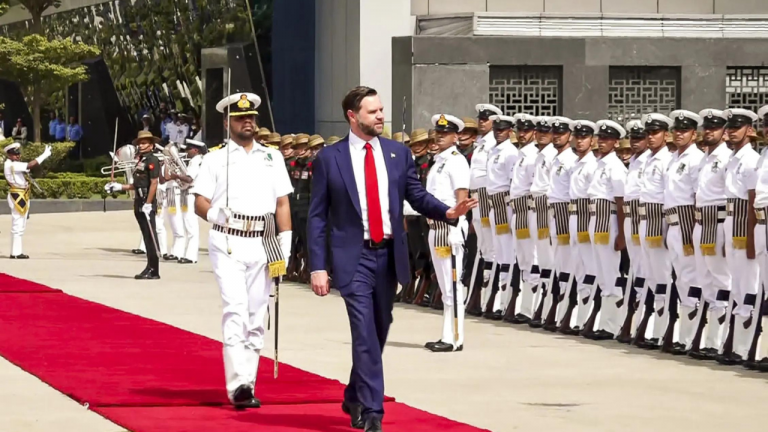After the fall of the Soviet Union, Ukraine inherited a significant nuclear stockpile. Despite possessing these nuclear weapons, Ukraine decided to relinquish them due to financial burdens and geopolitical risks. The 1994 Budapest Memorandum promised security guarantees to Ukraine, which proved to be unreliable when Russia annexed Crimea and supported separatists in Ukraine. The current Russia-Ukraine conflict serves as a stark reminder of the vulnerabilities of Ukrainian security without nuclear deterrence. The decision to give up nuclear weapons has left Ukraine exposed to external threats, leading to a renewed debate on the country’s security strategy. The lack of a nuclear deterrent has put Ukraine in a precarious position, with its neighbors becoming increasingly assertive. As Ukraine grapples with ongoing tensions, the importance of maintaining a robust security apparatus has come to the forefront. The international community is closely monitoring the situation in Ukraine, with concerns about the country’s ability to defend itself effectively. The need for a comprehensive security framework to address the evolving security challenges in the region has become more urgent than ever. The fallout from the decision to denuclearize continues to impact Ukraine’s security landscape, underscoring the complex interplay between nuclear disarmament and national security.
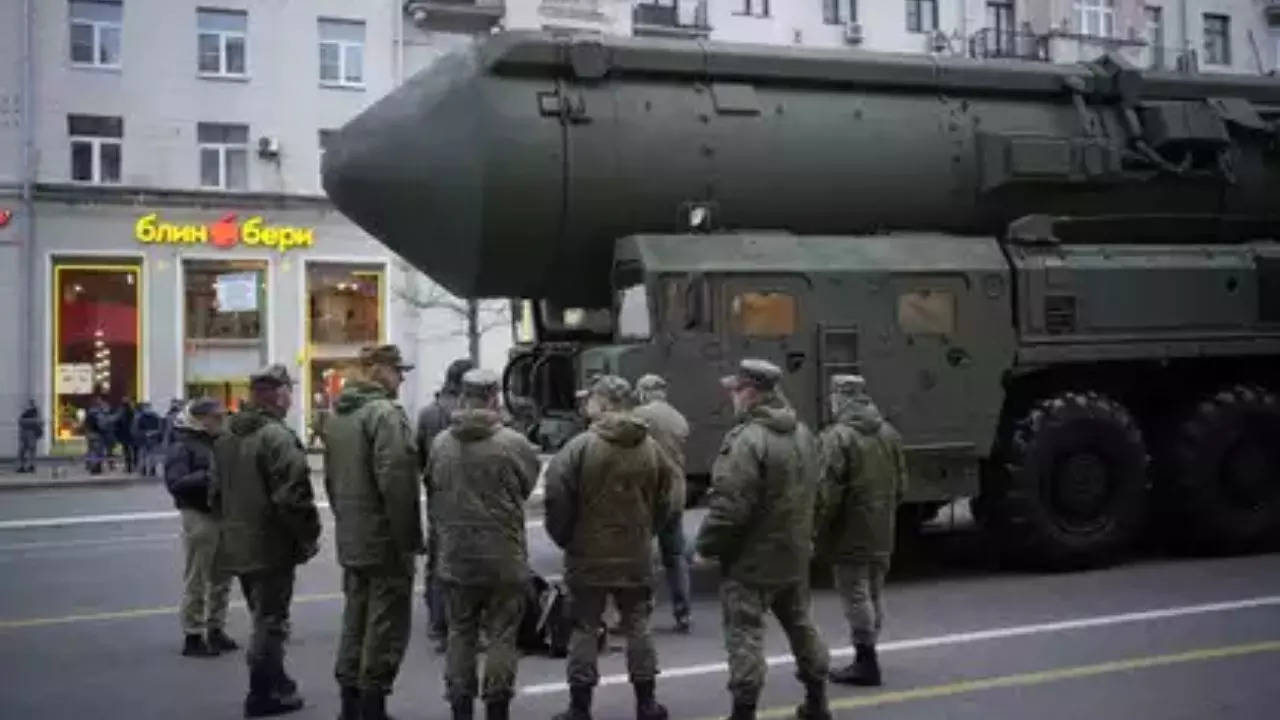
Posted in
JUST IN
Ukraine’s Decision to Give Up Nuclear Weapons Haunts Them Amid Russia Conflict: A Look at Budapest Memorandum
In Trend

“India’s COVID-19 cases surge, experts warn of potential third wave impact on children”
